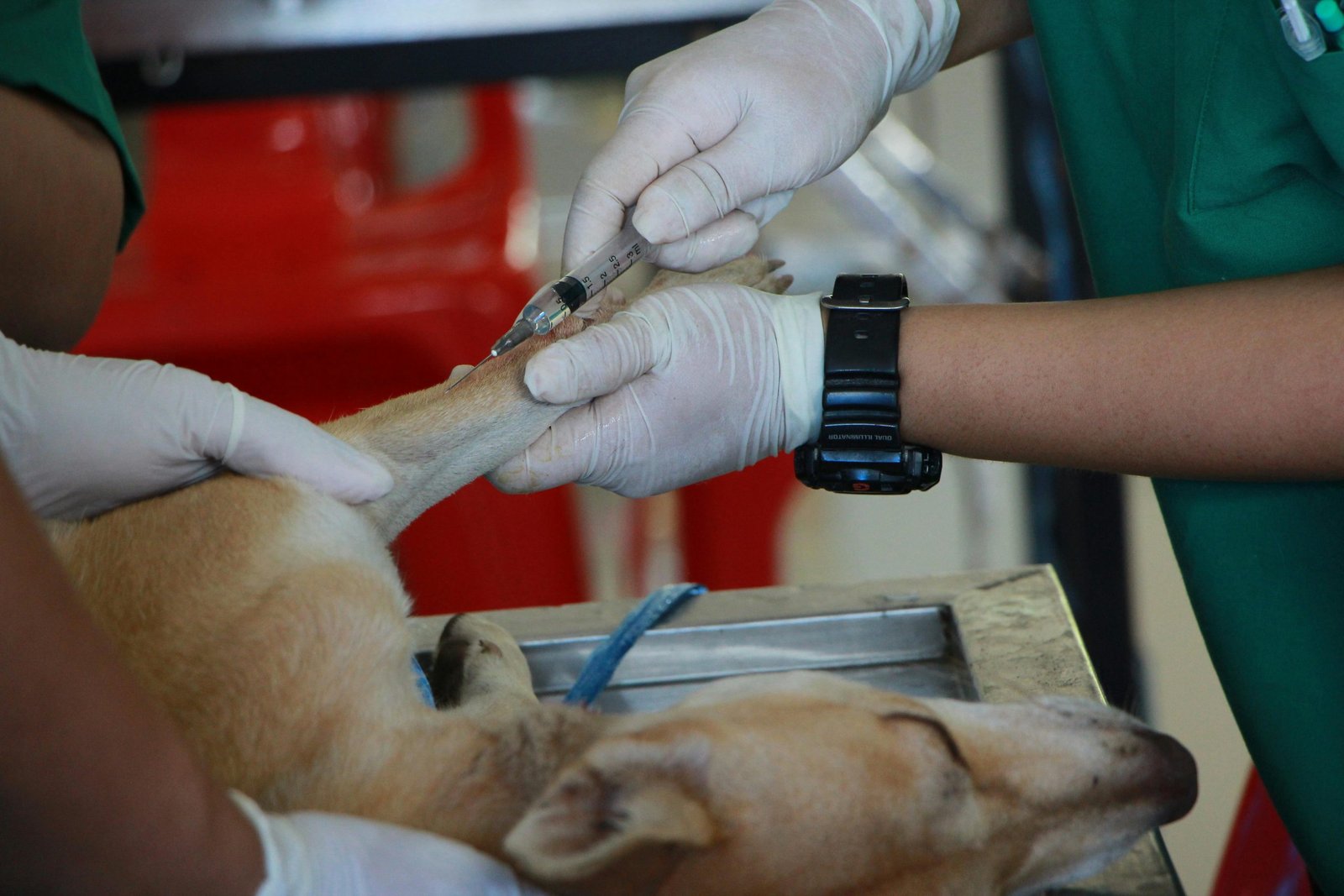How A Potential Veterinary Medical College in Nevada Could be a Game Changer

Roseman University of Health Sciences in Henderson recently submitted a Letter of Intent to AVMA Council on Education to develop Nevada’s first-ever Doctor of Veterinary Medicine (DVM) program. Despite there being no formal launch date announcement, this marks a major step in addressing the state’s urgent veterinarian shortage.
Why Would Nevada Need Its Own Vet School?
Animal welfare is a top priority for pet owners, but also a challenge for the state at large. With immense numbers of animal abandonment, unique health challenges and mid-ranking in vets-per-capita this school could be an improvement in state animal welfare as well as a resource and for local prospective students, rescues and the business community.
A Deepening Shortage
- As of 2025, Nevada had fewer than 21 Veterinarians per 100,000 people.
- USDA-designated high‑priority shortage zones include Douglas, Nye, Lincoln, Pershing, and Lander counties
- Nevada suffers from roughly a 400‑vet shortfall, with national projections showing a nationwide deficit of 15,000–40,000 vets by 2030.
2. Impact on Communities
- Rural residents and livestock owners often wait days for on-call vets, risking food safety and public health.
- Urban shelters and veterinarians struggle with long waitlists and rising costs; some pet owners are forced to surrender pets due to inaccessibility.
- Governor-supported initiatives (e.g., SB 342) offer funding through Utah State University to offset vet school costs, aiming to bring graduates back into Nevada.
What does Roseman’s Program Offer?
Under founding Dean Dr. Katherine Fogelberg, Roseman’s program promises:
- Four‑year DVM curriculum with hybrid classroom learning at Henderson, supplemented by distributed clinical rotations in urban companion‑animal and rural large‑animal settings—across Nevada and nearby states.
- Strong emphasis on underserved communities, including public health, food safety, and rural veterinary medicine.
- The letter of intent triggers AVMA reviews, accreditation steps, and partnerships, with no new buildings required (just upgrades).
Potential Benefits for Nevada
1. Build a Local Talent Pipeline
Nevada-grown veterinarians are more likely to stay, reducing reliance on out-of-state professionals and shrinking service deserts, especially in rural counties.
2. Strengthen Public Health & Food Security
Timely animal care ensures disease control and secure food supplies in farming communities.
3. Support Shelters & Affordable Care
More vets means better access to affordable veterinary services, reducing pet surrender rates and easing pressure on shelters.
4. Economic & Academic Growth
New vet programs boost job creation, attract researchers, and fortify Roseman’s reputation as a health‑sciences leader.
5. Expanded Collaboration
Through partnership programs, local dog-centric businesses and rescues will define opportunity to further support student journeys while the program’s involvement in the community can bolster support for strong economics in the future.
Current Veterinary Programs in Nevada
While Roseman’s DVM remains in the planning stages, aspiring vets and techs currently have five in‑state options:
- University of Nevada, Reno
- Offers a Bachelor of Science in Veterinary Science, a strong pre‑vet foundation for further schooling out of state.
- College of Southern Nevada (CSN), Las Vegas
- Provides veterinary nursing and technician programs, offering hands‑on clinical training.
- University of Nevada, Las Vegas (UNLV)
- Hosts a pre‑veterinary advising council, guiding students on vet school prerequisites and application processes.
- Truckee Meadows Community College, Reno (TMCC)
- Offers both a Veterinary Nursing & Assistant Program, building the foundation for skills required in the respective roles with two-year or certificates upon completion.
- Western Nevada College (WNC)
- Offers an on-line Veterinary Assistant program providing fundamental skills for the role.
Additionally, many students travel out-of-state, often to UC Davis, Colorado State, or Utah State University to complete their DVMs, leading to financial and geographic challenges.
Nevada stands at a crossroad: could this be just what the state needs to further support recent wins in animal welfare?



